-
Like, A. E. Stallings
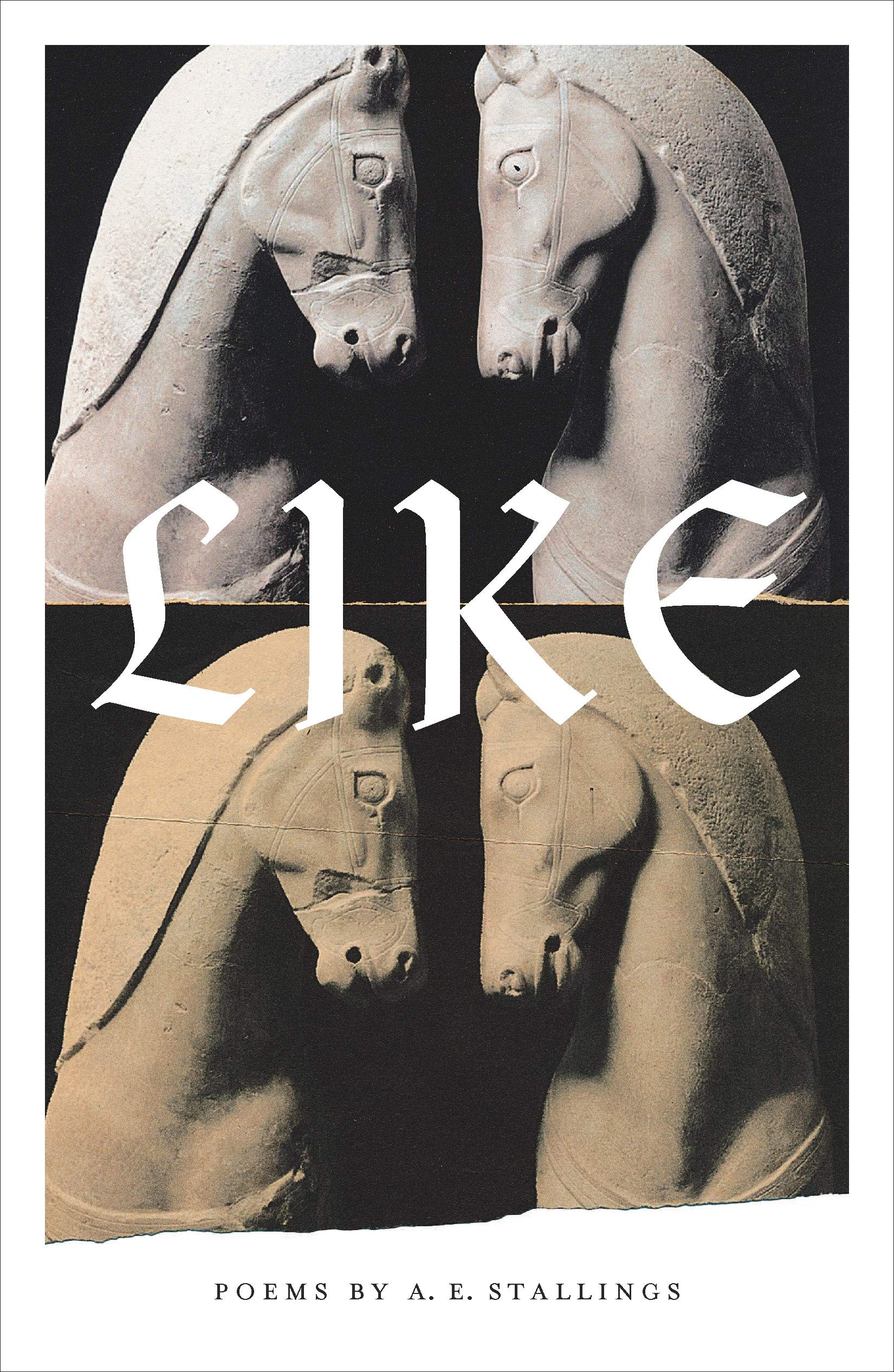
To be sure, it is more Homer than Hippocrates, but the new collection by @ae_stallings has a Placebo. “If I’m a pill, then / you are double blind. / What you don’t know can’t hurt you. / Spoonful of sugar, / It’s all in your head, / this dendritic alchemy / of pain. Nothing works.”…
-
Pride and Prejudice, Jane Austen

As Eligible showed, this could be a novel about marrying a physician. If so, the lesson would be that you judge a doctor as a possible spouse by the quality of his library. Elizabeth revises her first impressions of Darcy when she sees Pemberley and his library. Still the novel about judging and re-judging.
-
White Coat, Clenched Fist, Fitzhugh Mullan
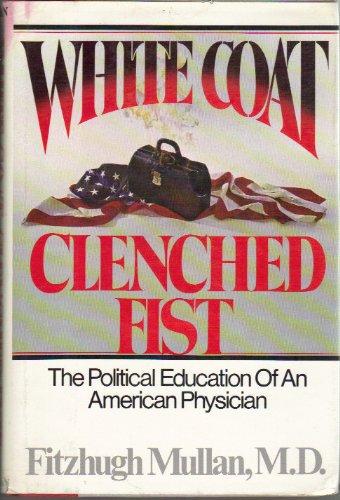
Socialized medicine? Universal healthcare? Radical medical education? Read the 1974 memoir by health equity pioneer @FitzhughMullan to see how it turned out a generation ago. They read Mao’s Little Red Book instead of Osler’s Aequanimitas, allowed community members to select residents rather than the faculty, and lived to see themselves become part of the systems…
-
Three Things About Elsie, Joanna Cannon
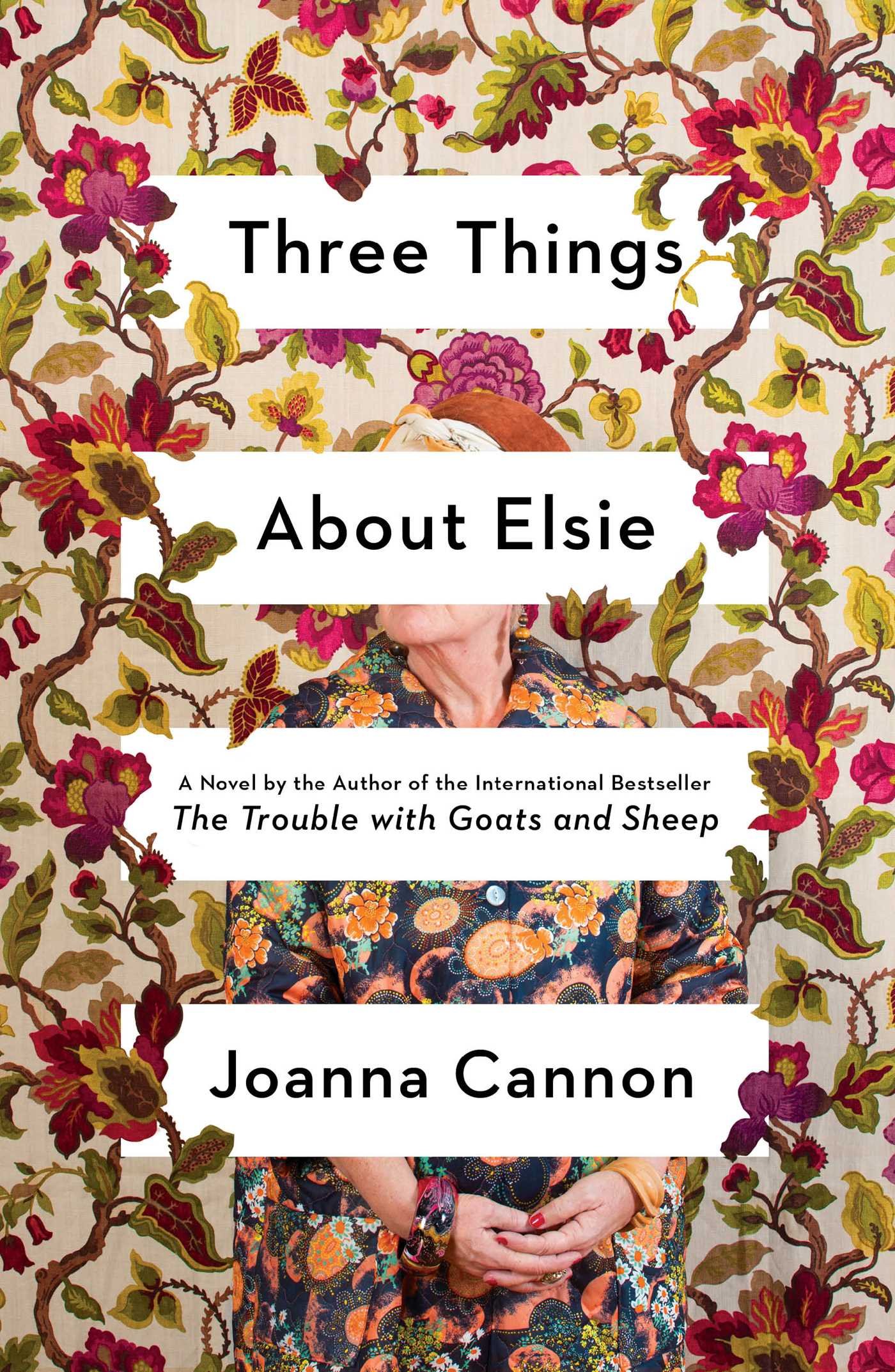
A shrink can be the “someone to hold my worrying for me.” Friendship is a holding relationship in the second novel by the UK shrink @JoannaCannon “She always undid the stitches of other people’s worrying and made them disappear.” We all need a friend or a shrink like that.
-
The Second Mountain, David Brooks
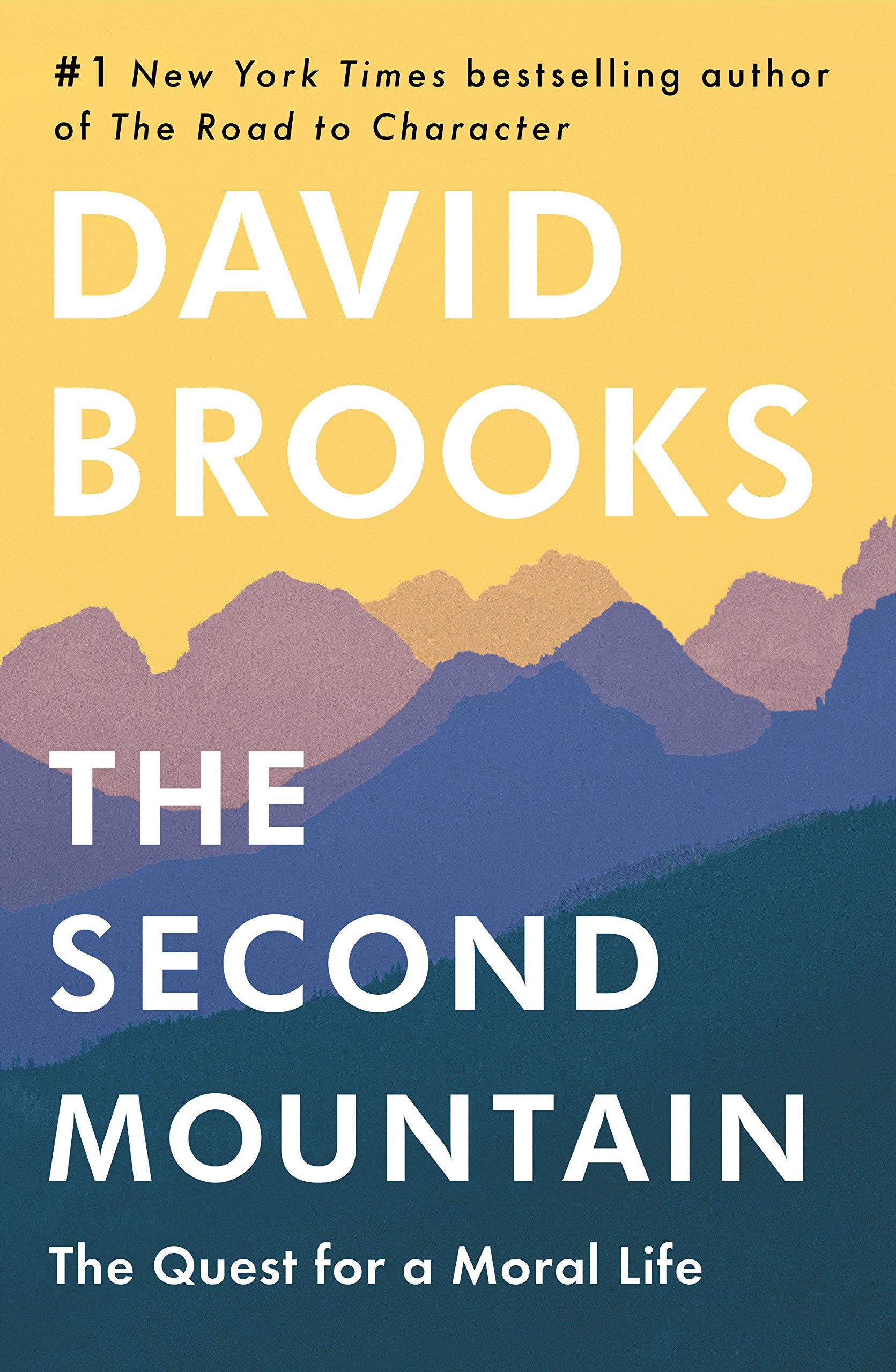
Diseases of despair? The cure is a relational society! Reading a whole @nytdavidbrooks book can be like attending a very-long dinner party with your successful uncle. He has experience and wisdom, but so much of it! And why does he count out his wisdom on his fingers? But as the dinner wears on, you realize…
-
Sense and Sensibility, Jane Austen

The secrets we keep. The society we keep. Each can, for #janeausten, make us sick. The novel hinges on Marianne’s psychosomatic illness in chapter 43. In the end, the heroine lives, against herself, within society. “Marianne Dashwood was born to an extraordinary fate. She was born to discover the falsehood of her own opinions, and…
-
Everything In Its Place, Oliver Sacks
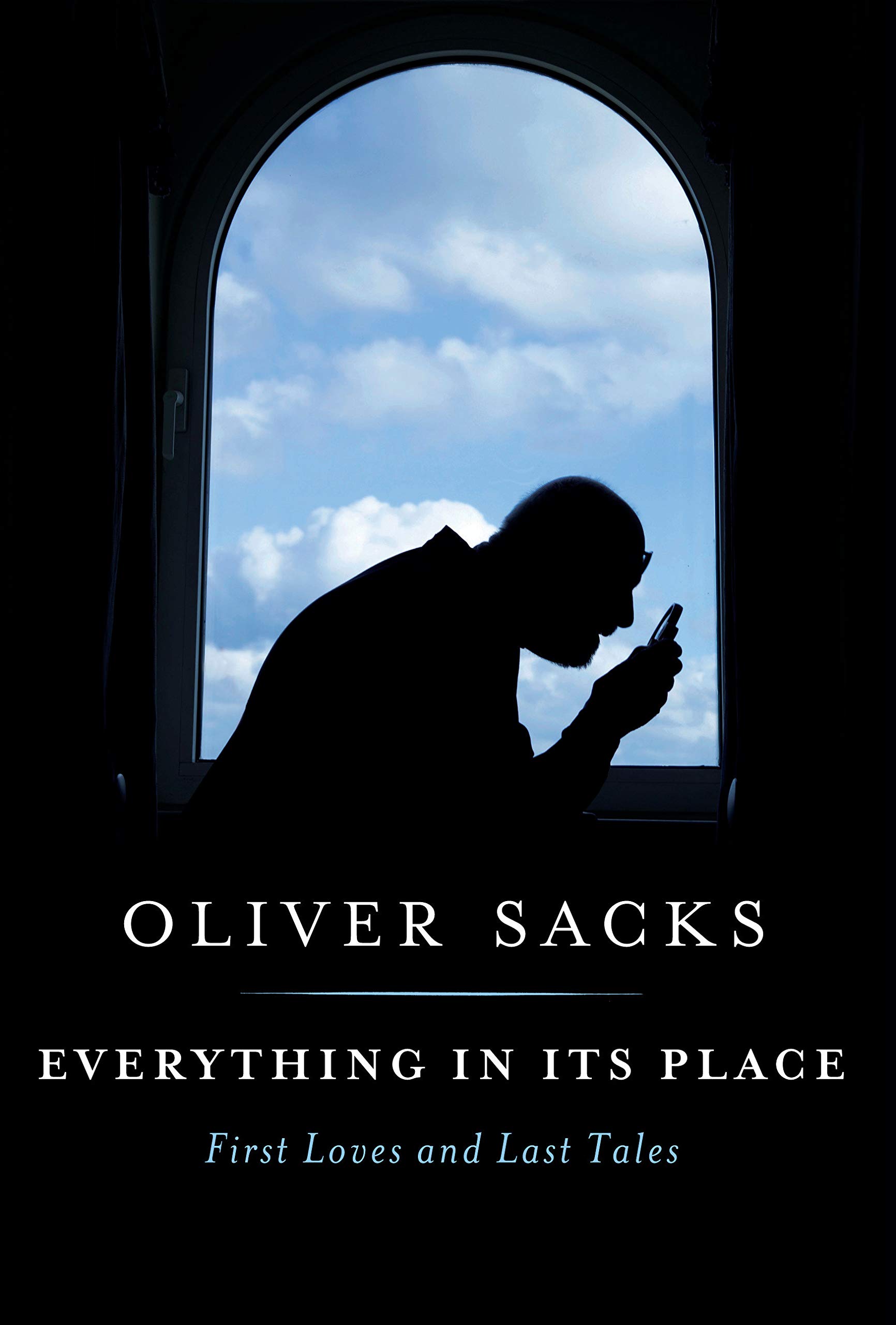
This odds and sods collection brings together many of @OliverSacks passions, allowing you to see connections in his thinking. My favorite? Read The Lost Virtues of the Aslyum alongside Why We Need Gardens for insight into why people in mental hospitals need communal green space and purposeful labor.
-
The Trouble With Goats and Sheep, Joanna Cannon
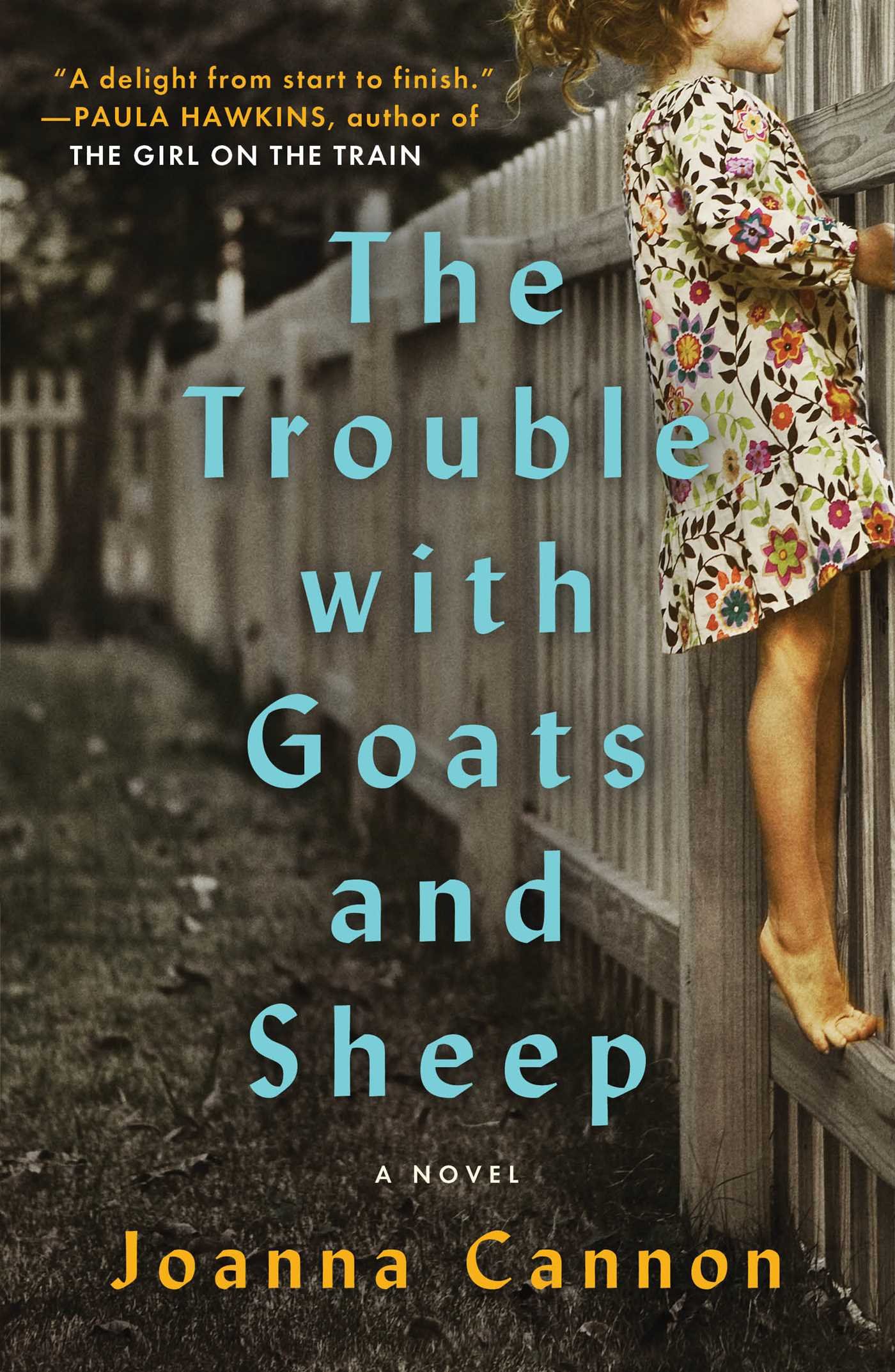
The first book by the British shrink turned novelist @JoannaCannon is about a diagnostic process gone wrong. Characters mistake sheep for goats, the well for the ill, the past for the present. They need Grace (and grace) to move from judgment to understanding.
-
What I Talk About When I Talk About Running, Haruki Murakami
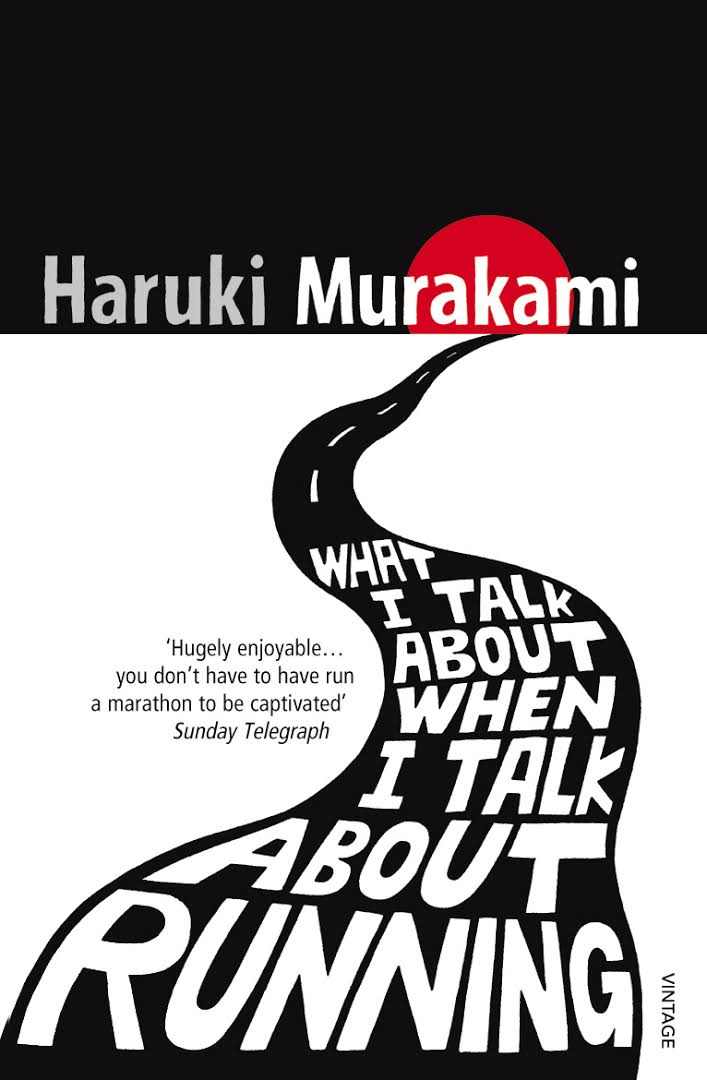
In another good read for intern season, @harukimurakami_ offers a wise, wry account of how we become our daily practices. (And a funny image– “A Democrat psychiatrist … drives along the river road in a russet-colored Saab convertible.”– that reminds me of my supervisors.)
-
Dopesick, Beth Macy
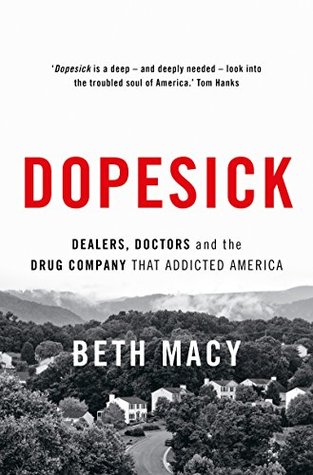
Thanks to @papergirlmacy for the heartbreaking intro to docs villainous (Purdue Pharma, pill mills) and virtuous (Dr. Art Van Zee), and also heroic mothers and determined nuns. In an epidemic, “The answer is always community.” Macy gets it all right: “The fix isn’t more Suboxone or lectures on morality, but rather a reinvigorated democracy that…
Abraham Nussbaum
Physician, Teacher, Writer